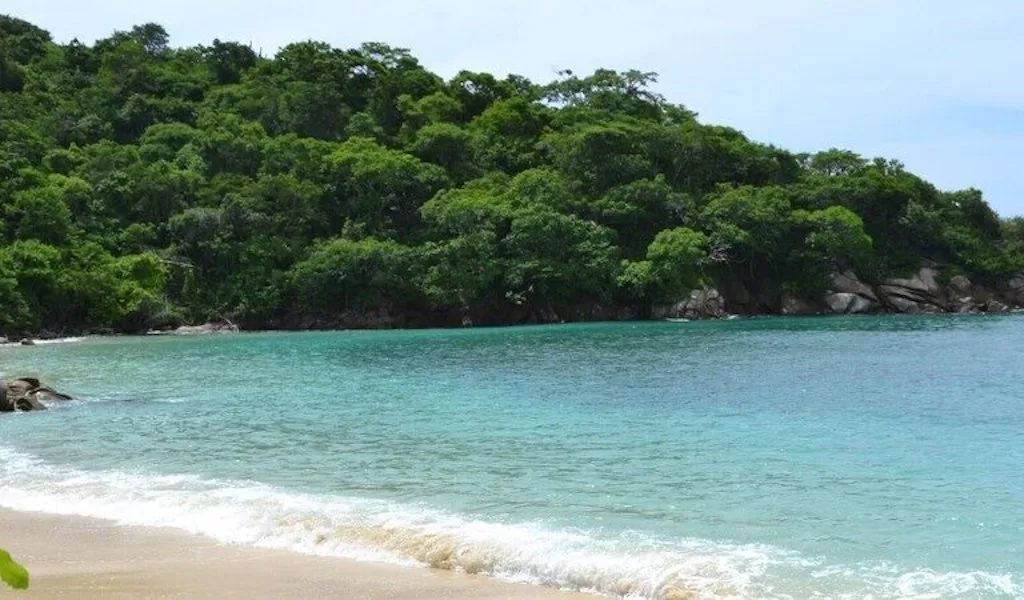MARINE CONSERVATION CAMPAIGN ‘ON THE BRINK’ RELEASES INSPIRING SHORT FILM “SEE US” – CELEBRATING SOUTH AFRICA’S SHARKS AND RAYS
WATCH THE SHORT FILM HERE: https://www.facebook.com/onthebrinksa/videos/1272911076744274/
ON THE BRINK, a marine campaign led by local conservation organisation, WILDTRUST, has just released “SEE US” – a short film following two intrepid underwater explorers along South Africa’s untamed coastline revealing sanctuaries where sharks and rays find refuge.

Embarking on a journey of exploration with a team of marine conservationists, divemaster, Thandeka Hlongwa, and marine cinematographer, Steve Benjamin, take viewers along the coastline of South Africa, unveiling the vital sanctuaries that serve as havens for sharks and rays. Their adventure begins within Table Mountain National Park, a revered Marine Protected Area (MPA) nestled in the Western Cape and ends in the warmer waters of Aliwal Shoal MPA in KwaZulu-Natal. Their goal was to search for as many shark and ray species they could find, with a focus on locating threatened and endemic species that are only found in South Africa’s Ocean.
“Beyond South Africa’s shores and beneath the waves, lies a series of protected marine reserves, bursting with life,” says Benjamin. “It’s a world unseen to most, but a critical part of our national pride and heritage.”
Hlongwa and Benjamin’s shared passion for the ocean is infectious as they dip below the surface and marvel at all the shark and ray species that cross their path. South Africa is home to approximately 200 different species of sharks and rays; however, sharks and rays are one of the most threatened species on the planet.
“Going into this journey, I was hopeful to experience one or two species of sharks and rays,” says Hlongwa. “After seeing first-hand the robust life that lies beneath the surface, I am incredibly excited to be back on land to share my personal experience of these animals.”
The ON THE BRINK campaign aims to effectively raise awareness around the vulnerability of sharks and rays and to shed light on the considerable advantages that stem from increasing marine protection and sanctuary spaces for sharks and rays within the expanse of South Africa’s oceans – including the positive impact that has on ensuring their populations thrive. Shark and ray sanctuary areas are clear demarcations within existing marine protected areas (MPAs), which serve a purpose of preserving their habitats and shielding their populations against threats such as overfishing.
The release of this short film is particularly timely, as South Africa recently pledged its full support for a ‘30×30 target’; a global goal aimed at reaching 30% protection of the world’s land and sea by 2030. This ultimately means increased marine protection for threatened species, including sharks and rays.
The urgent need for increased protection for sharks and rays in South Africa’s oceans is underscored by the latest findings from the IUCN (International Union for the Conservation of Nature) Red List Assessment. The report highlights a stark reality—42% of the shark and ray species present within South Africa’s Ocean are threatened, with the conservation status of these species ranging from Vulnerable to Endangered and Critically Endangered.
Taking the helm of the ON THE BRINK campaign is the WILDOCEANS programme (of the WILDTRUST) – the driving force behind the larger “Sanctuary for Sharks & Rays” project. This three-year project is funded by The Rainforest Trust, complemented by co-funding contributions from Oceans 5 and the Shark Conservation Fund, and operates in close collaboration with the South African Department of Forestry, Fisheries, and the Environment (DFFE).
Reflecting on the production, Hlongwa says that “this film was an honest representation of where curiosity and a willingness to learn can lead you. It followed all our emotions from fear, understanding and finally, a fierce desire to advocate conserving the often misunderstood but ecologically essential sharks and rays.”





























